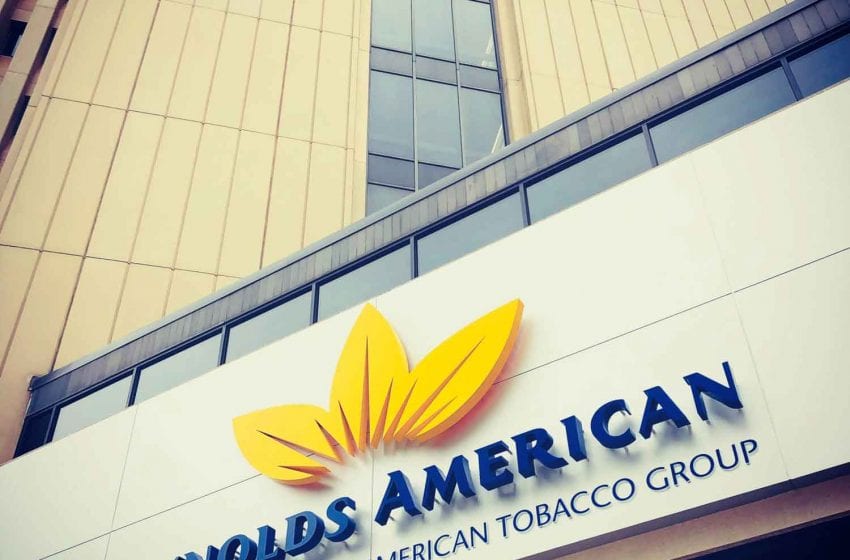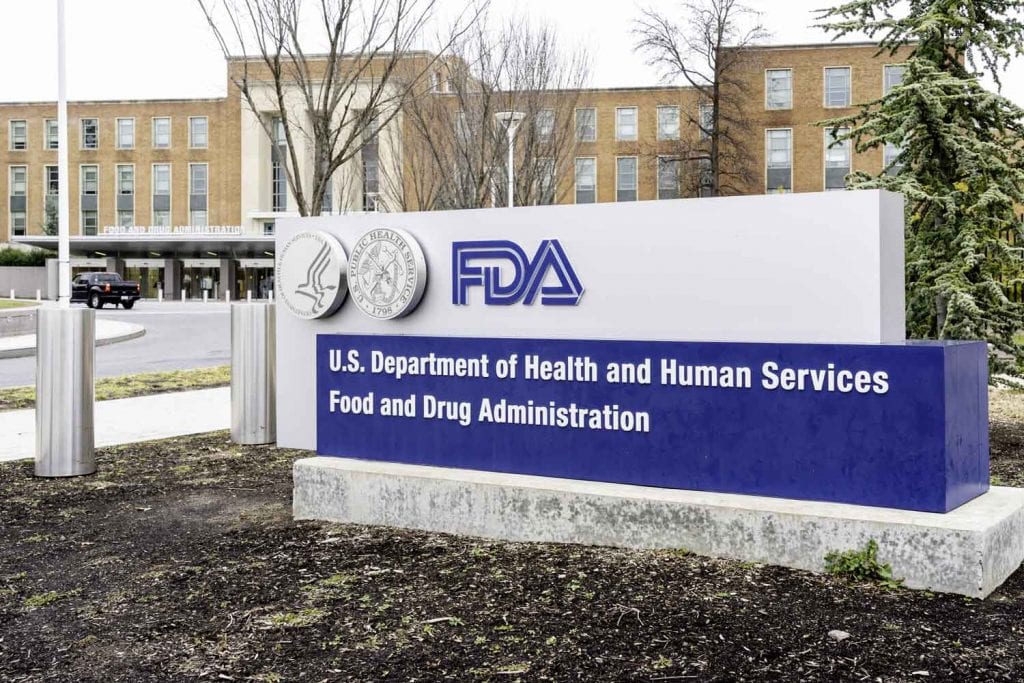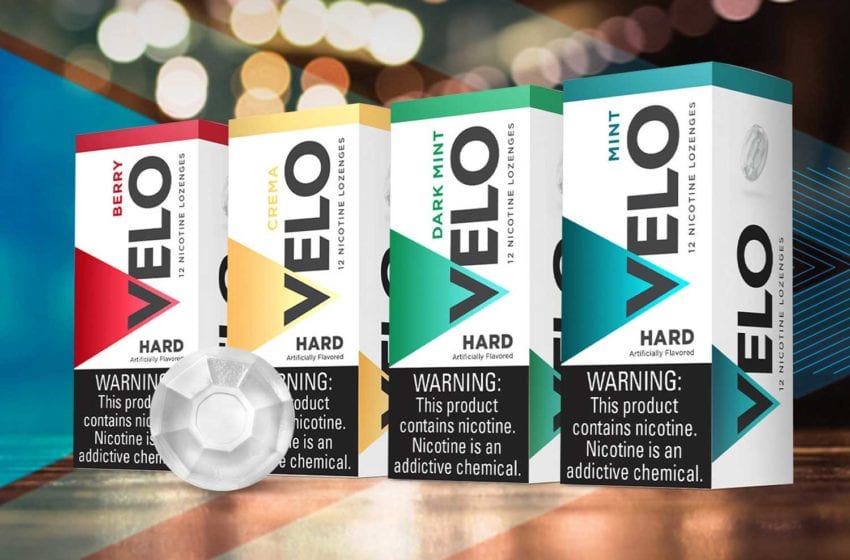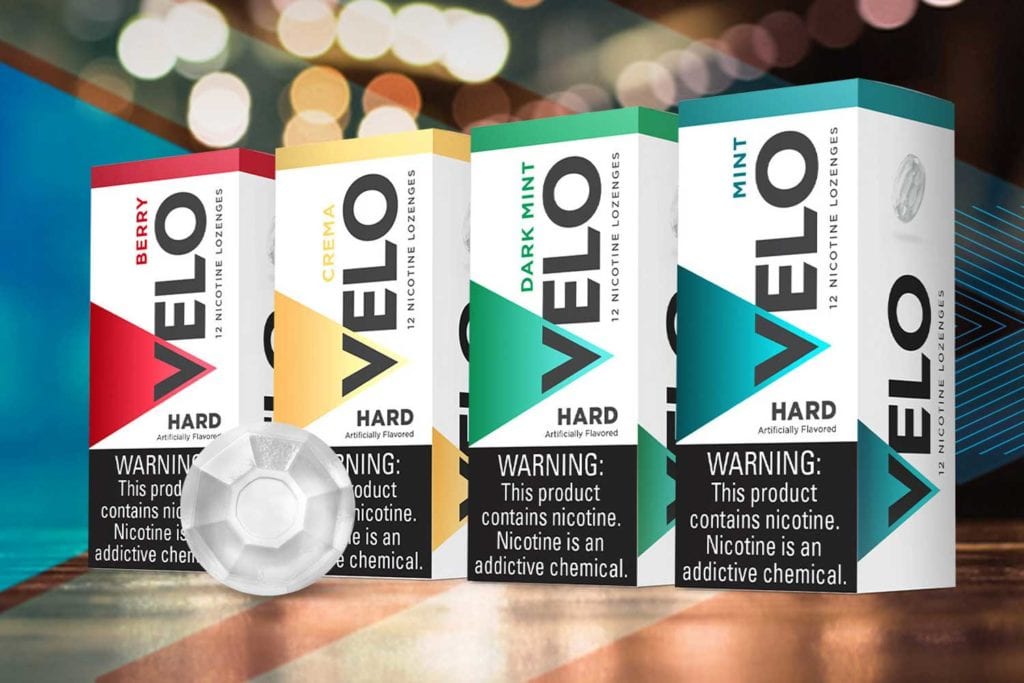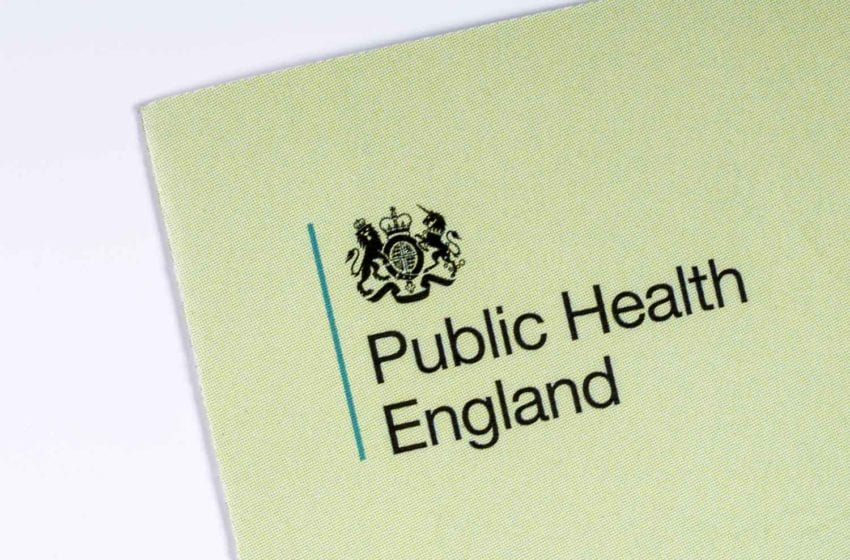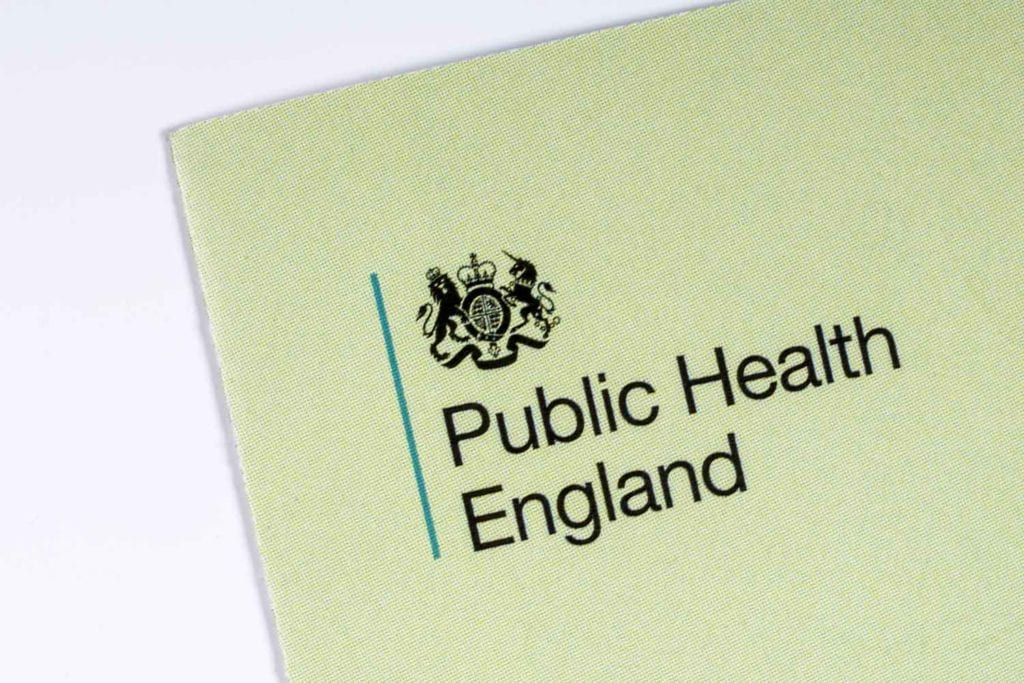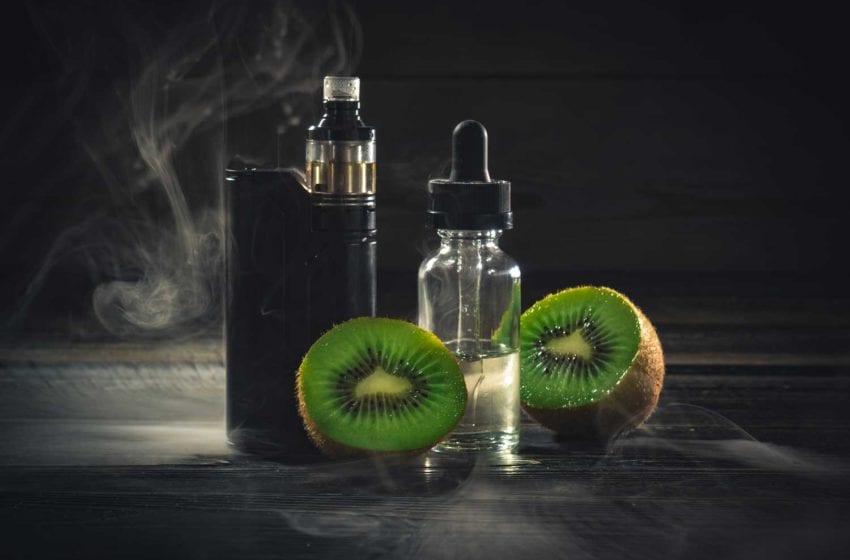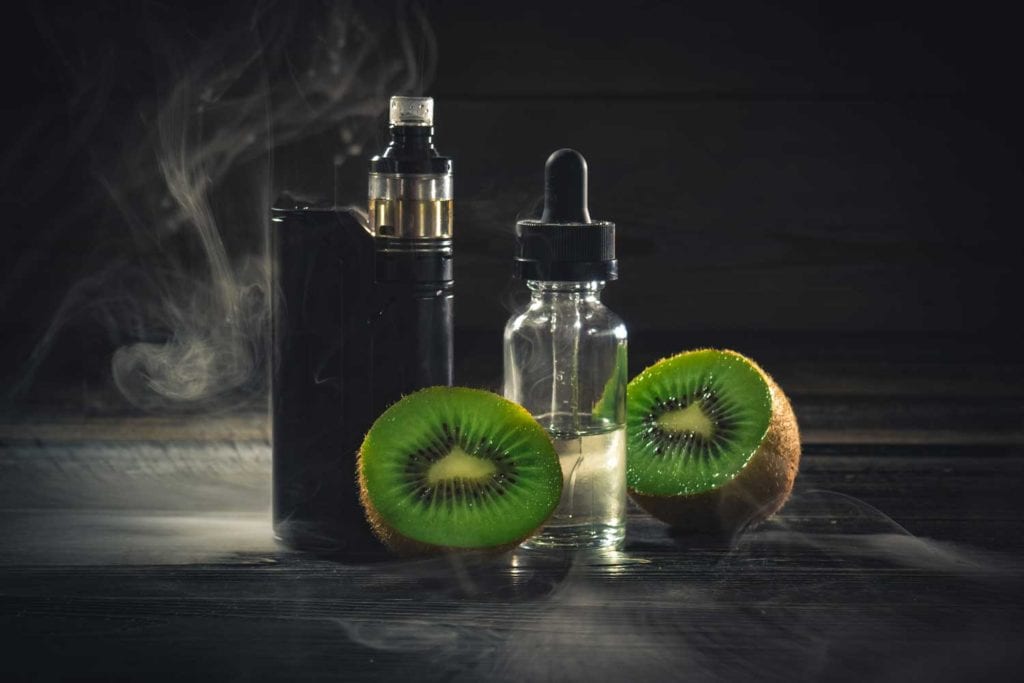
Turning Point Brands (TPB) has submitted to the U.S. Food and Drug Administration (FDA) premarket tobacco product applications (PMTAs) for 250 products.
The PMTAs cover a broad assortment of products in the vapor category including multiple proprietary e-liquid offerings in varying nicotine strengths, technologies and sizes. They also include proprietary replacement parts and components of open system tank devices, along with a closed system e-cigarette.
According to TPB, the filings provide detailed scientific data to demonstrate that the products are “appropriate for the protection of public health,” as required by law.
The applications are supported by five pharmacokinetics studies, a likelihood-of-use study, and a patterns-of-use study, in addition to a toxicological review. Data throughout the applications underline that TPB products do not appeal to never users, youth or former users; that an extremely small percentage of users are never users, youth, or former users; that a significant majority of users have completely ceased use of combustible cigarettes; that a low percentage of users engage in dual or poly use; and that the products are substantially less harmful than combustible cigarettes and comparable to other products in the vapor category.
TPB has also provided a detailed marketing plan to illustrate how it will continue to prevent youth exposure to the products.
“We look forward to engaging with the FDA as it reviews our submissions,” said Larry Wexler, president and CEO of TPB.
The FDA deadline for submitting PMTAs is today.


